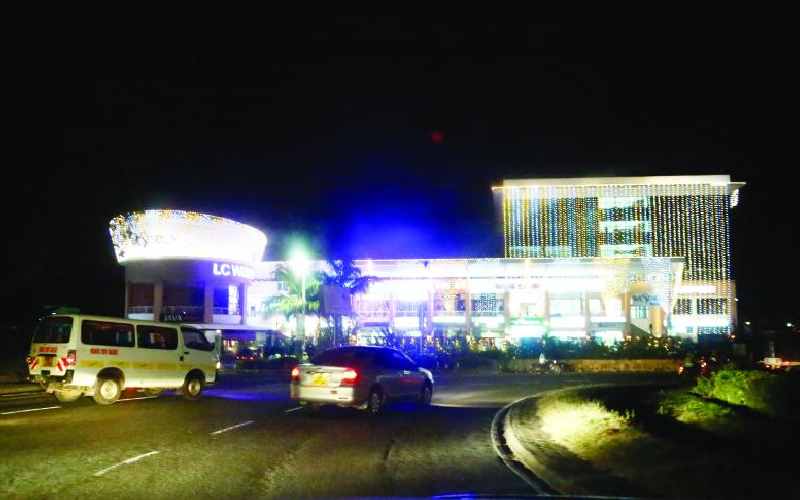×
The Standard e-Paper
Fearless, Trusted News

The West Side Mall in Nakuru town by night. Major international brands such as fashion designer LC Waikiki have set up shop in the town. [Kipsang Joseph, Standard]
Several colonial-era houses, a railway station, a golf course, exotic trees and an old cemetery leave no doubt that Nakuru was once the playground of British settlers before independence.







